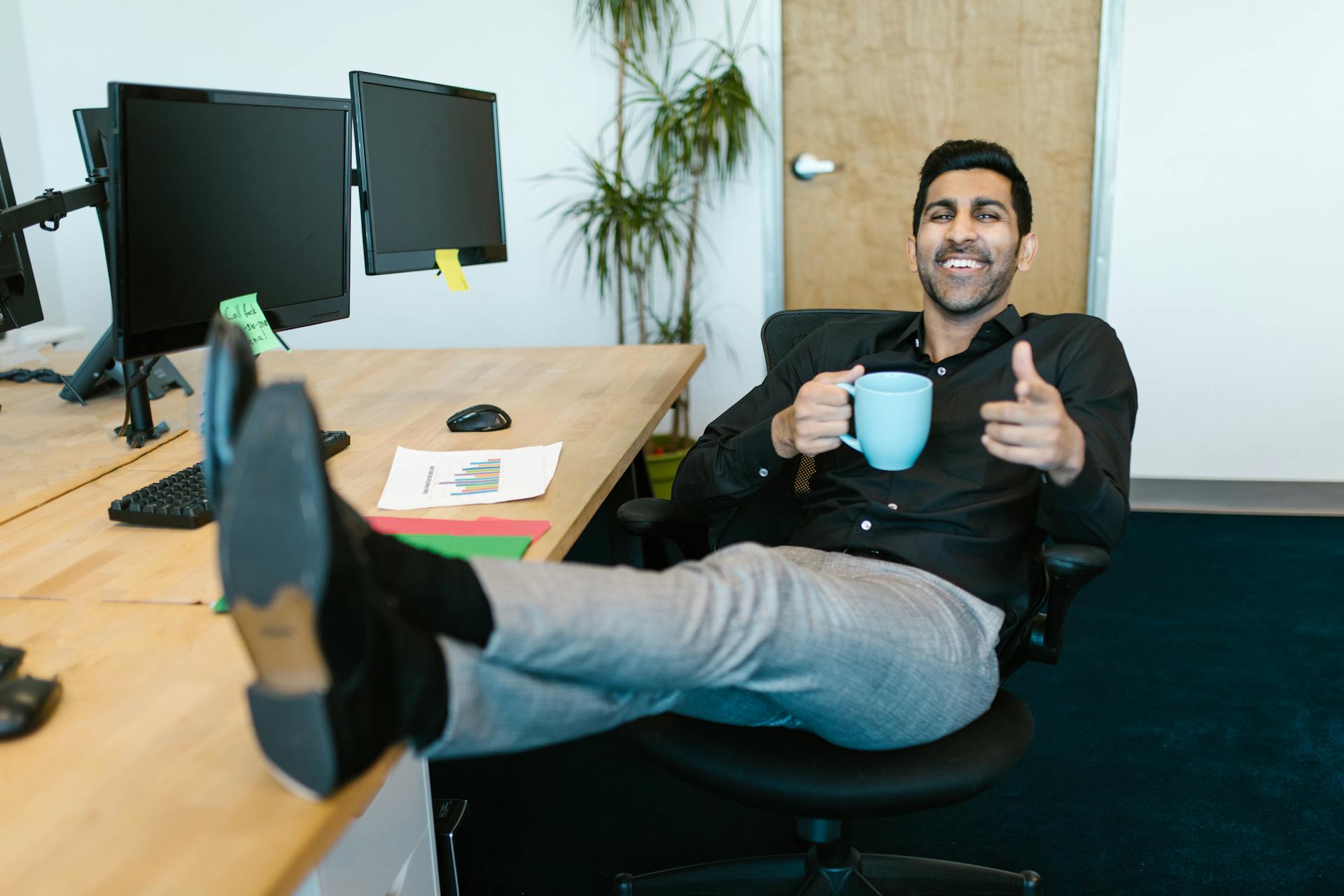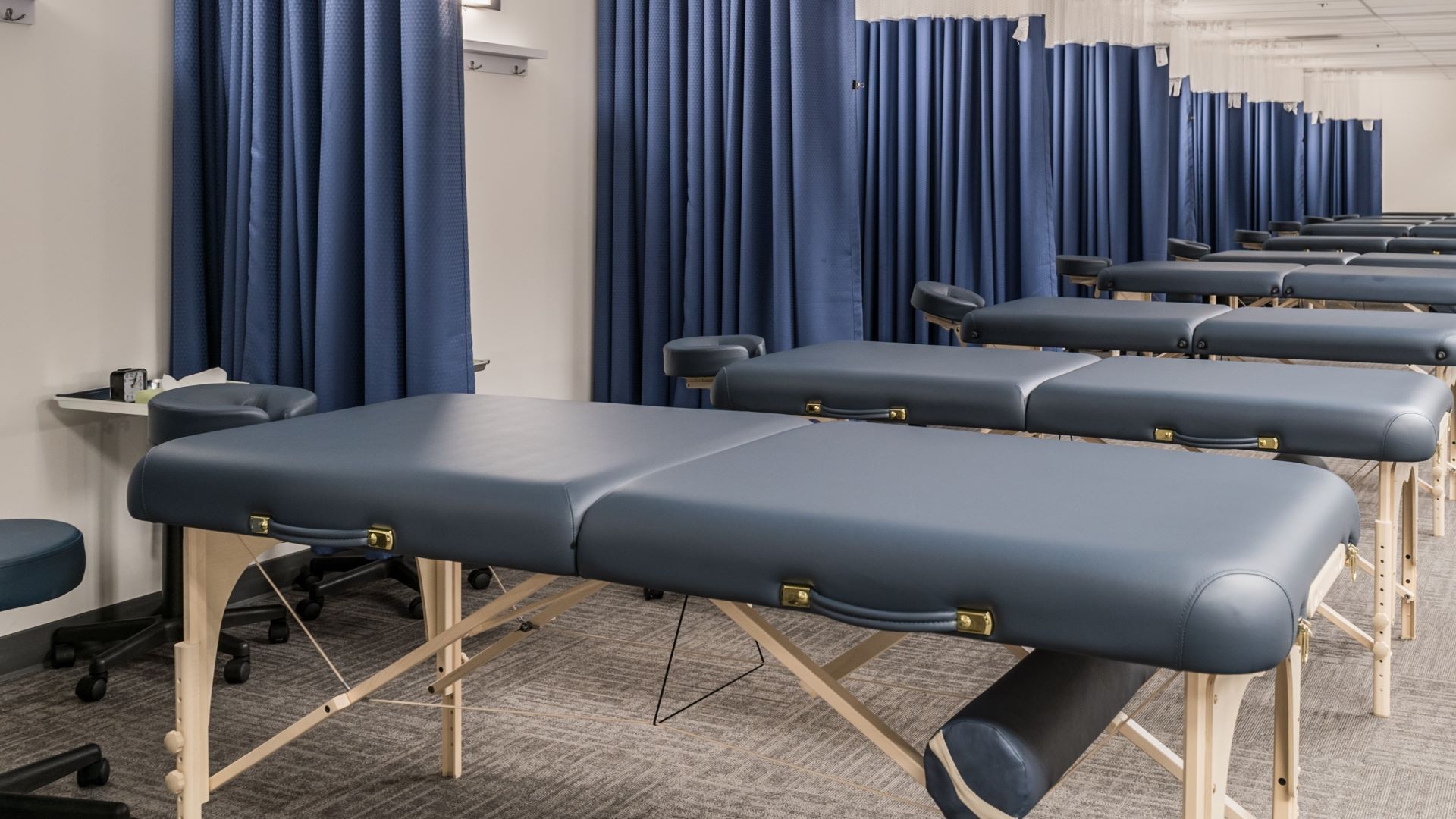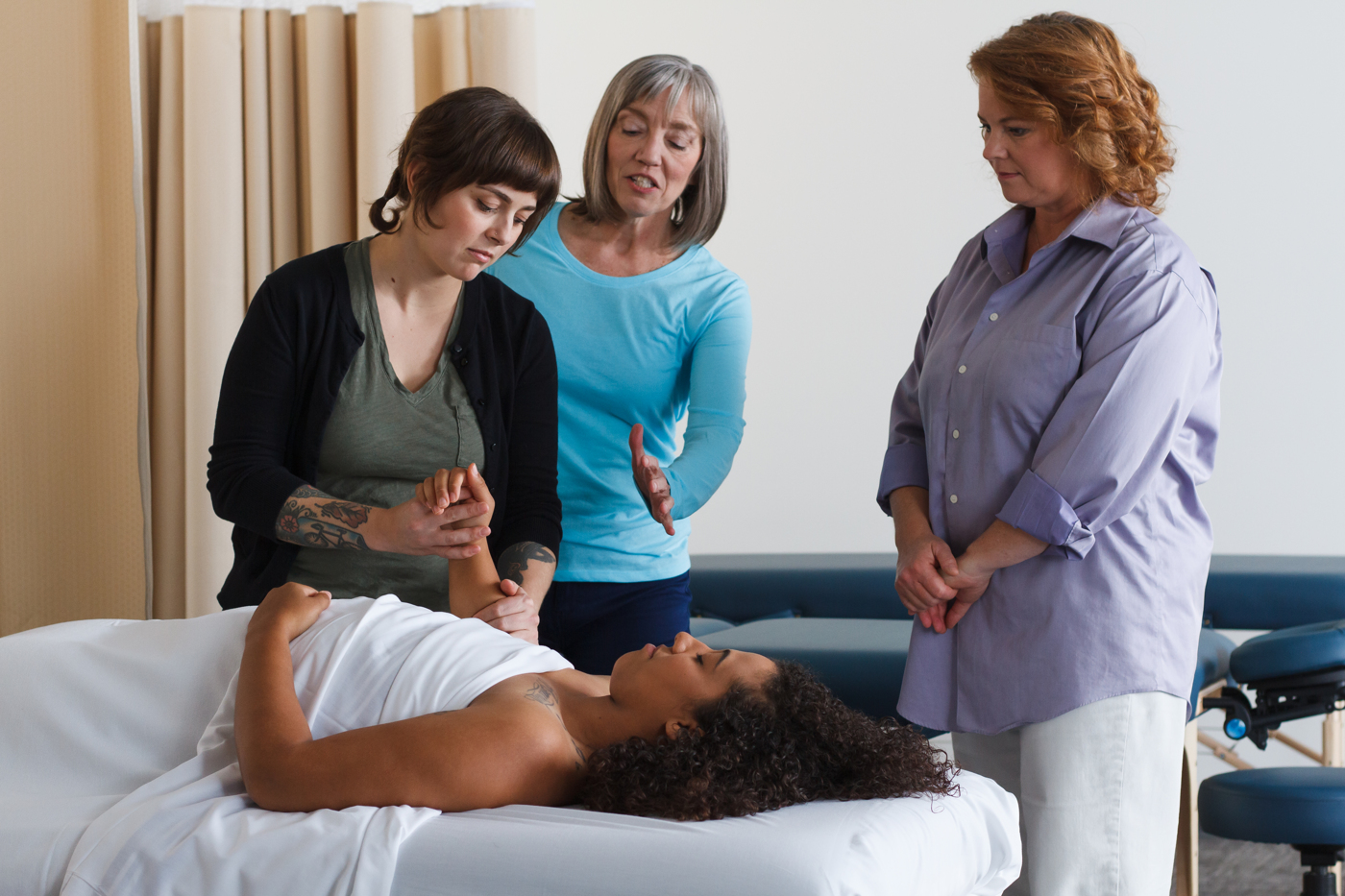Even before the Coronavirus hit, healthcare workers were more likely to experience mental disorders. For instance, physicians are at a significantly higher risk of alcoholism and suicide than the general population. Moreover, 35-41% of U.S. nurses experience depression symptoms, compared with 9.1% of the general population. A 2018 survey revealed that 63% of nurses fear burnout, despite loving their job. The intense stress of providing care to those with COVID-19 has further threatened healthcare workers’ mental well-being. Massage therapy can help nurses and doctors refresh and refocus, as a recent AMTA article discusses. Let’s review how massage therapy has become a popular gift for healthcare workers during the pandemic, as well as the barriers that have prevented some healthcare workers from receiving massage at this time. As we will see, some states’ health authority regulations ban massage appointments for those who have recently been exposed to COVID-19.
Anxiety Among Healthcare Workers
As they are on the front lines of the Coronavirus crisis, it isn’t surprising that medical professionals’ mental health has taken a hit. A May 2020 article in The Journal of Occupational and Environmental Medicine reviewed 12 studies with more than 30,000 healthcare workers in areas affected by the pandemic. The survey’s authors concluded that “a high proportion of healthcare professionals experience significant levels of anxiety, depression and insomnia during COVID-19 pandemic,” with increased prevalence of anxiety and depression among female healthcare workers, and also among nurses.
The increased likelihood of mental health challenges among nursing staff may be because nurses face a higher risk of Coronavirus exposure, as they spend more time providing direct care to patients. Nursing staff may also be at a higher danger of “moral injury” related to “suffering, death, and ethical dilemmas.” What a stressful period this has been for healthcare staff, as they scramble to discover effective Coronavirus treatment while simultaneously coping with the loss of patients.
Providing pandemic care causes increased anxiety and depression among healthcare workers due to:
- Increased workload.
- Lack of personal protective equipment.
- COVID transmission within hospitals.
- The increased need to make ethically challenging healthcare decisions.
Medical staff may also feel isolated, particularly if social support diminishes. Finally, nurses and doctors may struggle with fear and insomnia as they worry about becoming infected and potentially exposing their loved ones to the virus.
COVID & Massage for Medical Professionals
As with all aspects of the Coronavirus pandemic, healthcare workers have seen positive and negative impacts on their ability to enjoy massage therapy. On the plus side, massage has become a popular gift for healthcare workers. The Oxford Hotel in Denver, Colorado gave away 60-minute massages to frontline workers in May of 2020. Massage clinics across the country have also donated free massage sessions for healthcare staff. Many people are grateful for the untiring efforts of doctors and nurses and wish to show their appreciation through massage therapy gift certificates.
The Heart Touch project has been training massage therapists to work in healthcare settings for 25 years. Founded at the height of the AIDS/HIV epidemic, the Heart Touch Project is now bringing relief to hospital staff.
Speaking with the AMTA, Chief Operating Officer Hannah Hall highlighted some of the stressful questions nurses and doctors may be facing: “What if I get COVID-19?,’ ‘What if I bring COVID-19 home to my family?,’ ‘How am I going to tell my patient’s family members their loved one is dying?,’ ‘Could I have done more?’” Hall emphasized that massage therapy can allow healthcare workers to set aside their stress, at least momentarily. She explains, “Massage therapy provides an outlet for these caregivers to slow down, relax and quiet their thoughts so they can return to treat their patients with a clearer mind and heart.”
After receiving a massage from The Heart Touch Project, ICU nurse Lindsay Burrell reported feeling more focused and composed. She recommends that more healthcare workers enjoy massages, since, as she states, “You cannot provide excellent care if you have not taken care of yourself.”
Similarly, Dr. Jennifer Sudarsky, an MD lead physician at the Los Angeles Quarantine and Isolation Site in Pomona, California reports, “After a massage, I sometimes feel tearful and elated, but mostly, I just feel the love and I want to spread it around.”
Yet the pandemic has also created obstacles for medical professionals who wish to receive massage. In May, two nurses in the St. Louis area reported that the massage clinic where they had booked appointments turned them away with little warning. Why? Because the nurses had treated patients with Coronavirus. As the local NBC affiliate reported, the nurses wore full PPS protection while providing care. One nurse stated, “I do feel like it’s unfair because some people choose not to wear a mask in public, and they could be more exposed than I am.”
State Requirements for Safe Massage Therapy during COVID-19
While it may seem unfair that medical workers be turned away from receiving massage during this stressful time, it is important to note that massage therapists may not have a choice but to cancel frontline workers’ appointments, due to state health authority regulations. For instance, here in Oregon, LMTs and massage providers are required by law to screen incoming clients for COVID-19 contact within the past 14 days. If a client reports Coronavirus contact, their appointment must be cancelled and rescheduled. It does not matter how much protective gear the COVID-exposed individual has worn. The LMTs in Oregon are not permitted to provide massage therapy to anyone who has been exposed to the virus. If a massage therapist or clinic fails to abide by state COVID-19 requirements, the State Board of Massage may suspend or revoke their massage licenses.
Note: These Oregon guidelines around screening and COVID-19 exposure apply to personal services, including reduction/relaxation massage. Massage for medical purposes (typically only available in chiropractic offices) may still be an option for frontline, COVID-exposed medical workers.
Because of state-mandated massage restrictions, many medical professionals will have to wait for widespread vaccination before they can access relaxation massage. Recognizing that it may be months before that happens, let’s review how massage benefits nurses and doctors.
How Massage Benefits Healthcare Workers
According to the AMTA, benefits of massage include:
- Stress relief
- Reduced muscle tension
- Enhanced sleep
- Promotes relaxation
- Pain reduction
Given how mentally and physically exhausting medical work can be, massage is an excellent self-care component for any healthcare professional.
Are you interested in supporting those who support others? As a COMTA-accredited massage training school, we can prepare you to work in a wide variety of settings, including hospitals. Indeed, one of the most rewarding aspects of a career in massage is the opportunity to soothe a variety of people. In our Northwest massage school, we empower LMTs to specialize in specific massage modalities, with a strong foundation in anatomy and physiology. As one of the first established massage therapy schools in Oregon, we also equip our alumni with a business of massage course to pursue a healing career in their preferred niches. To discover how we can help you rejuvenate others in many different fields, we encourage you to get in touch with our admissions team today.



